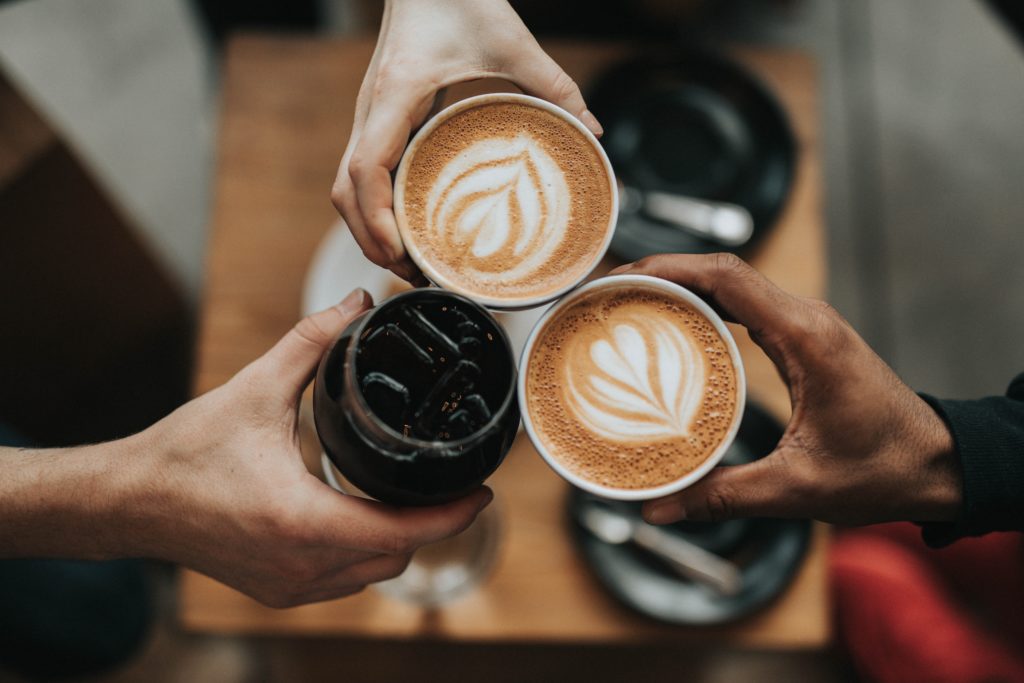
Are all allies activists on standing on a stage?
This is a common question or hesitation that we hear. It may surprise you to learn that no, most allies are not on a stage, they often are the people that you least expect.
I know a person who is a great ally. I’ll call her Shelley. She is a Roman Catholic. She is a part of an interfaith group connected to her church. She shows up with the Jewish, Muslim, and other communities of wisdom in her city. She knows them and they know her. They are not surprised to see her at their prayers. She helps people make connections to each other between groups. She shows up at events and provides support of many kinds, especially emotional support to the leaders and speakers. When a community is under some form of pressure from the caste system, she shows up.
She practices allyship in a powerful way because allyship is practiced in the context of relationships.
Now you might say, “Well, we all live and move in relationships so why is allyship necessary?” My response is this: We live, as Isabelle Wilkerson describes, in a caste system based on skin color and other factors. Our relationships to other human beings has been deformed by this system. Allyship is necessary because this caste system exists – and because we want to take that system down so that the dignity and value of every person can be honored and celebrated.
When we relate to one another across the divides the caste system imposes on us, we express allyship through relationship. Just being in such relationships challenges the very core of the caste system and points to our common future.
When we tell positive stories about our diverse friends within in-groups that have been imposed by the caste system we express allyship of witness. We may need practice to understand how to tell persuasive stories – a part of what we do in our allyship course on the Paths Network.
When we work to stand behind people put down by the caste system, we express allyship in public.This takes practice and training – but is no more important than any other expression of allyship.
Each of these ways to express allyship is important and they often support one another. It might be easy to overlook the allyship practices by Shelley. But her allyship has profound and lasting effects. What kind of allyship are you practicing? What skills and awarenesses do you need to become a more proficient ally so that together we can build the world of which we dream?
Shelley is an effective and powerful ally. Only through work like hers will we build the future our children deserve. I am blessed to know her and to be led by her.
Photo Credit: Justin Bhalla on Unsplash
